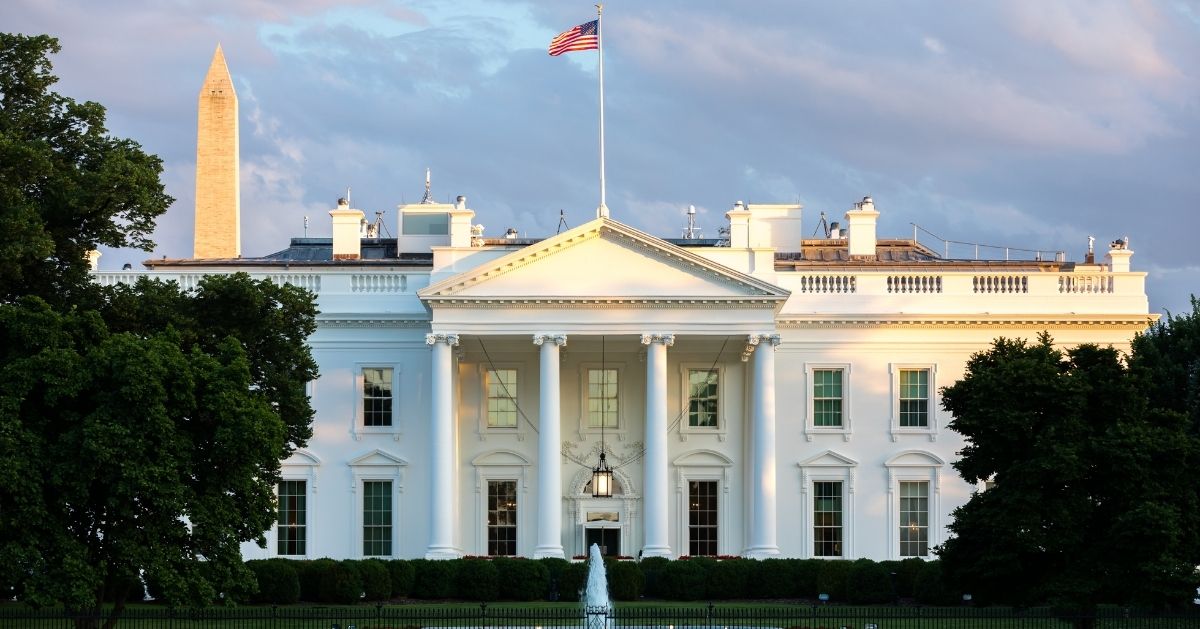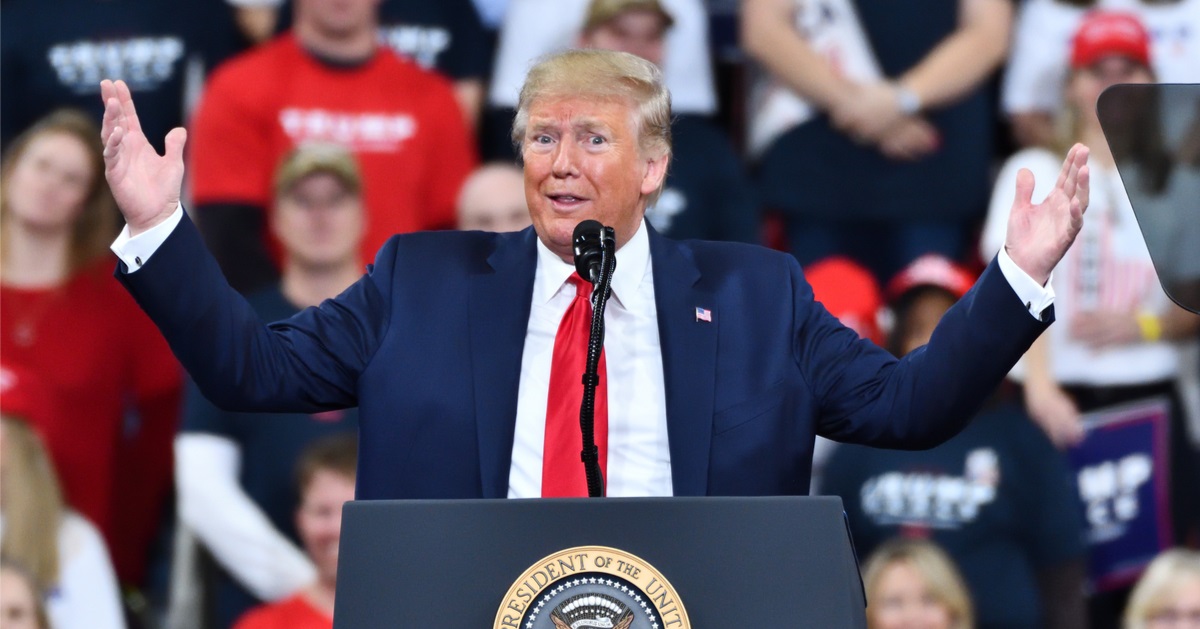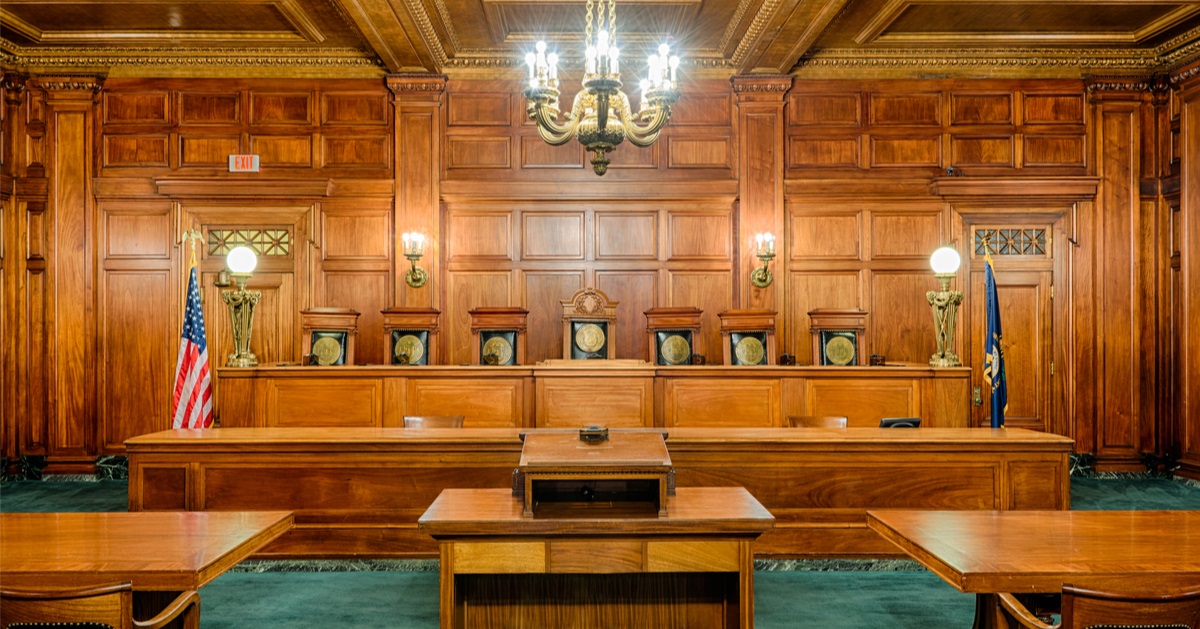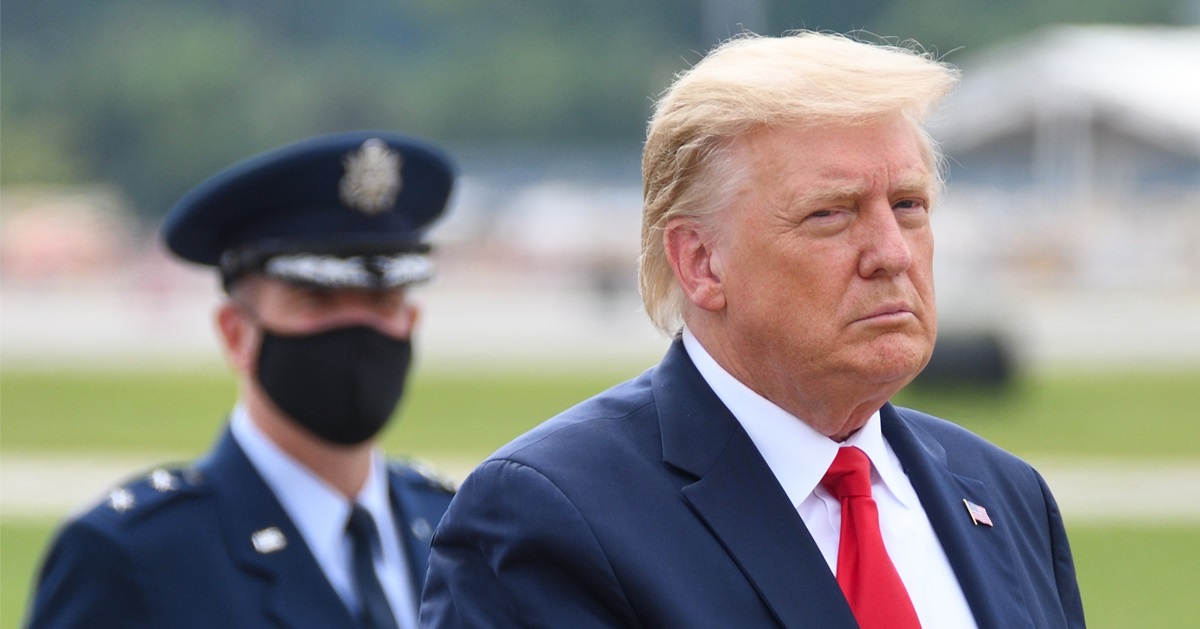Federal prosecutors urge judge to reconsider order allowing Derek Chauvin to test George Floyd's tissue and fluid samples
Former Minneapolis cop Derek Chauvin, currently incarcerated over the 2020 death of George Floyd, recently won a minor victory in the appeals process when a federal judge ruled favorably on a request to reexamine certain evidence related to Floyd's health and proximate cause of death.
President Joe Biden's Justice Department swiftly intervened and urged the judge to reconsider his ruling or modify it to also grant federal prosecutors additional discovery, Fox News reported.
At issue is Chauvin's claim of ineffective counsel, in that his first attorney failed to inform him of or follow up on an independent doctor's theory that Floyd may have died from a particular type of heart attack and not necessarily from the convicted former police officer's actions.
Judge allows Chauvin to test samples to prove alternate death theory
Local Fox affiliate KMSP reported Tuesday that U.S. District Judge Paul Magnuson granted a motion filed by Chauvin's attorneys to allow them to test and analyze preserved samples of Floyd's heart tissue and fluids that were kept following his autopsy.
The request came as part of an "ineffective assistance of counsel" claim, in that Chauvin's first attorney was contacted by a forensic pathologist named Dr. William Schaetzel who advised the lawyer to test preserved samples of Floyd's heart tissue and fluids for evidence of a particular heart condition that could have caused cardiac arrest.
Chauvin's first attorney, however, neglected to even inform his client of the doctor's theory, much less pursue the recommended tests and analysis that might have exonerated his client of his purported guilt in causing Floyd's death.
In a four-page order on Monday, Judge Magnuson ruled, "Given the significant nature of the criminal case that Mr. Chauvin was convicted of, and given that the discovery that Mr. Chauvin seeks could support Dr. Schaetzel’s opinion of how Mr. Floyd died, the Court finds that there is good cause to allow Mr. Chauvin to take the discovery that he seeks. Accordingly, the Court GRANTS Mr. Chauvin’s Motion."
Federal prosecutors oppose judge's grant of discovery
Just one day later, according to Alpha News, federal prosecutors in Minnesota filed a motion to reconsider that urged Judge Magnuson to reverse or modify his order granting Chauvin's motion for discovery.
In the 10-page motion, prosecutors argued that "no legal basis exists for Defendant’s discovery requests, all of which stem solely from an email he received from an unvetted doctor offering a weaker version of the medical defense than the version that the jury had previously rejected at his state trial."
"Counsel made a choice, based on his prior consultation with other experts and his experience defending Defendant’s state trial, not to order certain forensic testing or further discuss with Defendant a variation of an expert defense that had already failed at that trial; this is precisely the type of strategic decision that courts have recognized as 'virtually unchallengeable,'" the prosecutors continued.
In the alternative, if the judge declined to reverse the decision allowing more discovery, the prosecutors asked the judge to at least compel the defense to agree to certain protocols and procedures for handling and testing the samples, as well as to grant the government "reciprocal discovery" to review any expert opinions plus "lab reports and test results" generated by the new analysis.
Sentenced to decades behind bars
Per Alpha News, Chauvin was convicted in 2021 on state-level murder charges for the 2020 death of Floyd and later pleaded guilty to federal charges for violating Floyd's civil rights.
Floyd's death, which prosecutors blamed on Chauvin using his knee to restrain Floyd face-down on the ground during an arrest, sparked nationwide anti-cop protests and riots.
Following his state-level conviction and federal guilty plea, KMSP noted, Chauvin was sentenced to serve more than 20 years for both the state and federal charges, albeit concurrently in a federal prison.






